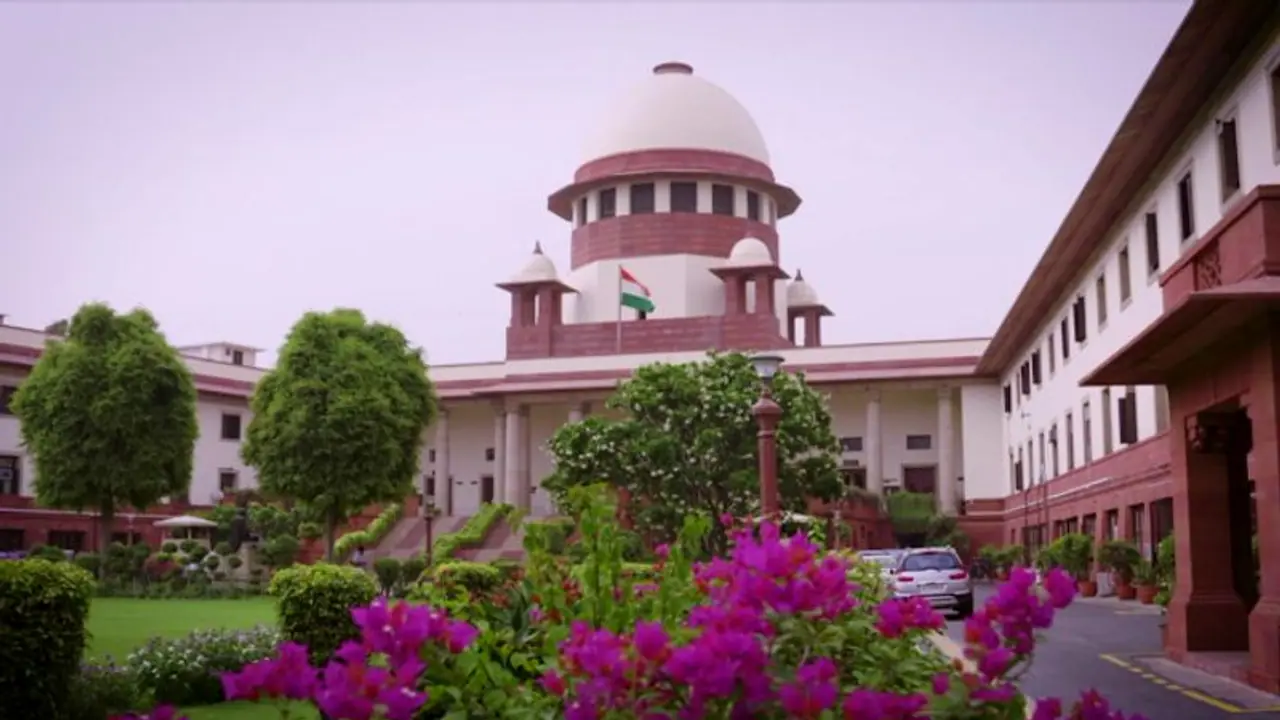On Thursday, the Supreme Court of India overturned a 1989 ruling, affirming that royalties on minerals are not taxes but contractual payments. In an 8-1 decision, the court upheld states' authority to levy taxes on mineral-bearing lands. The ruling clarified that the MMDR Act does not restrict state taxation power and overruled the previous classification of royalties as taxes.
In a landmark decision on Thursday, the Supreme Court of India has overturned a 1989 ruling, declaring that royalties on minerals do not qualify as taxes. The court, in a decisive 8-1 majority, upheld the authority of state governments to impose taxes on mineral-bearing lands.

A nine-judge bench of the Supreme Court resolved a long-standing debate that began in 1999. The key issue was whether the royalty paid by mining leaseholders could be classified as a tax. The court concluded that royalty is not a tax but rather a contractual payment made by the lessee to the lessor.
Supreme Court suggests 'neutral umpires' to fix ‘trust deficit’ at Shambhu border
Chief Justice of India DY Chandrachud, delivering the majority verdict, stated, “Royalty is not a tax; it is based on the quantity of minerals extracted.” He emphasized that the Parliament does not have the power to tax mineral rights under entry 49 of the States List. Additionally, no part of the Mines and Minerals (Regulation and Development) Act (MMDR Act) limits the state government's authority to levy taxes on minerals.
The judgment clarified several critical points:
1. Royalty vs Tax: The court ruled that royalty is a contractual consideration, not a tax. The previous judgment in the India Cements case, which classified royalty as a tax, has been overruled.
2. Legislative power: Entry 54 of List 1 (Union List) is a regulatory entry, not a taxing one. This means that the power to tax mineral rights resides with the states, not the Union.
Supreme Court says there will be no NEET retest, not enough evidence to prove systematic leak
3. MMDR Act: The MMDR Act does not limit the state's authority to levy taxes. The court affirmed that the royalty imposed under Section 9 of the MMDR Act does not qualify as a tax.
This ruling resolves a dispute that had seen numerous petitions over the past two decades. The decision marks a significant shift in the legal understanding of mineral royalties and their classification in Indian law.
